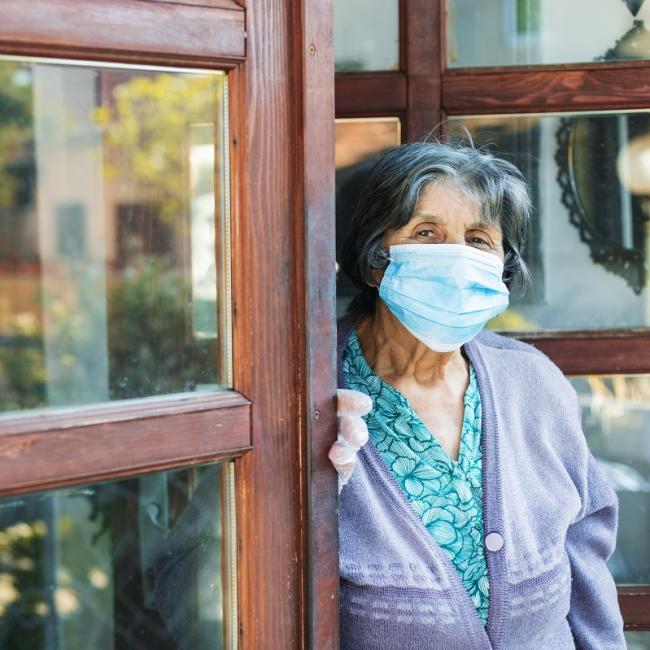A scoping review of the use and impact of telehealth medication reviews
Res Social Adm Pharm. 2020 Aug;16(8):1140-1153. doi: 10.1016/j.sapharm.2019.12.014. Epub 2019 Dec 18.
ABSTRACT
BACKGROUND: Telehealth has been proposed as a mechanism to overcome the practical difficulties associated with conducting timely and efficient medication reviews particularly in rural and remote settings.
OBJECTIVE: The aim was to examine the literature on the use and impact of telehealth-facilitated medication reviews.
METHODS: A scoping review of the literature was conducted. Articles that reported medication reviews performed by telehealth were identified by searching the Pubmed, Embase, Cochrane Library and CINAHL databases to January 2019 and screened using predefined inclusion criteria. Data were extracted from included articles and synthesised narratively. Findings are reported using the PRISMA-ScR guidelines.
RESULTS: Twenty-nine studies, including 15 descriptive and 14 quasi-experimental studies, met the inclusion criteria. Twenty studies were reports of the implementation and/or evaluation of a service and others were proof of concept, feasibility or pilot studies. Telehealth medication reviews, conducted as standalone interventions or as a part of team-based care, included medication order reviews, medication management, antimicrobial stewardship programs and geriatric services and were delivered to patients in outpatient (n = 15) or hospital (n = 12) settings, with one study conducted in residential care and one study across settings. Outcomes reported included process evaluation (n = 23), medication use (n = 8), costs (n = 6), clinical outcomes (n = 5), and healthcare use (n = 1). Positive impact was observed on clinical outcomes (e.g. reduction in haemoglobin A1c), medication use (e.g. reduction in antimicrobial medications) and costs (e.g. savings due to travel avoided). Good overall satisfaction with the interventions was seen in all studies that reported patient satisfaction.
CONCLUSIONS: The current evidence suggests that telehealth medication review may be a feasible model for delivering these services and potentially can save costs and improve care. However, the level of evidence may not be sufficient to reliably inform practice and policy on telehealth-facilitated medication-reviews.
PMID:31874815 | DOI:10.1016/j.sapharm.2019.12.014





